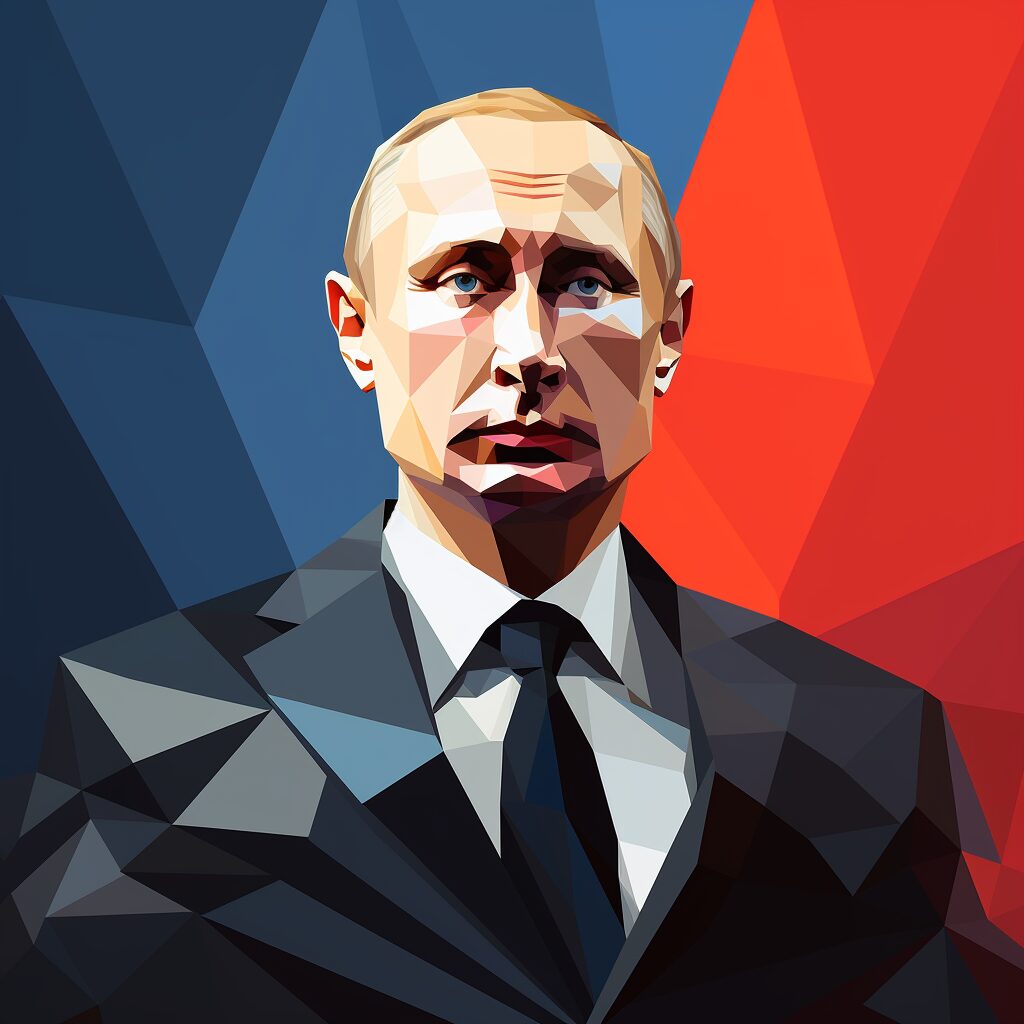'Savages' Quotes
Savages Quotes’ refer to a collection of powerful and thought-provoking statements that highlight the destructive and inhumane nature of human behavior. These quotes have been used throughout history to shed light on the atrocities committed by individuals and societies, and to inspire change…Read More
Savages Quotes’ refer to a collection of powerful and thought-provoking statements that highlight the destructive and inhumane nature of human behavior. These quotes have been used throughout history to shed light on the atrocities committed by individuals and societies, and to inspire change and promote empathy. From philosophers like Plato and Aristotle to activists like Mahatma Gandhi and Martin Luther King Jr., these quotes have influenced and motivated individuals to stand up against injustice and strive for a more compassionate world. The historical context of these quotes, from colonialism to modern-day conflicts, only adds to their significance and relevance. ‘Savages Quotes’ continue to serve as a reminder of the consequences of our actions and the importance of treating others with kindness and respect.Read Less
Savages Quotes’ refer to a collection of powerful and thought-provoking statements that highlight the destructive and inhumane nature of human behavior. These quotes have been used throughout history to shed light on the atrocities committed by individuals and societies, and to inspire change and promote empathy. From philosophers like Plato and Aristotle to activists like Mahatma Gandhi and Martin Luther King Jr., these quotes have influenced and motivated individuals to stand up against injustice and strive for a more compassionate world. The historical context of these quotes, from colonialism to modern-day conflicts, only adds to their significance and relevance. ‘Savages Quotes’ continue to serve as a reminder of the consequences of our actions and the importance of treating others with kindness and respect.
46 Remarkable 'Savages' Quotations and Sayings
Savages – Symbolic Value
The term “savages” has been used throughout history to describe indigenous peoples or those deemed uncivilized by Western standards. It carries a heavy symbolic value, representing a perceived lack of sophistication and barbarism. This label has been used to justify colonization, exploitation, and discrimination against these groups. However, the concept of savages goes beyond its negative connotations and holds a deeper meaning in various contexts.
Savages – Cultural and Historical Significance
The idea of savages has been deeply ingrained in Western culture and history. It dates back to the colonial era when European explorers encountered indigenous peoples in the Americas, Africa, and Asia. These encounters were often violent, and the Europeans viewed the natives as inferior and uncivilized. This perception was reinforced by the writings of philosophers such as Thomas Hobbes, who believed that without the control of a strong government, humans would revert to a state of savagery.The concept of savages also played a significant role in the development of anthropology as a discipline. In the 19th and early 20th centuries, anthropologists studied indigenous cultures and classified them as either “savage” or “civilized.” This classification was based on Western standards of progress and development, further perpetuating the idea of savages as primitive and uncivilized.
Savages – Common Themes in Motivational Contexts
In motivational contexts, the term “savages” is often used to describe individuals or groups who are fierce, ruthless, and unapologetic in their pursuit of success. This usage is derived from the idea of savages as primitive and uncivilized, but it also carries a sense of strength and determination. In this context, the term is often used to inspire individuals to tap into their primal instincts and overcome obstacles in their path.
Savages – Portrayal in Art and Media
The concept of savages has been a popular theme in art and media, often depicted in a negative light. In literature, films, and other forms of media, indigenous peoples are often portrayed as violent, uncivilized, and in need of “civilizing” by Western societies. This portrayal perpetuates harmful stereotypes and reinforces the idea of savages as inferior.However, there has been a shift in recent years towards more nuanced and accurate depictions of indigenous cultures. Indigenous artists and filmmakers are reclaiming the narrative and showcasing their cultures in a positive light, challenging the traditional portrayal of savages in art and media.
Savages – Impact on Understanding of Life and Society
The concept of savages has had a significant impact on our understanding of life and society. It has shaped our perception of different cultures and influenced policies and actions towards indigenous peoples. The label of “savages” has been used to justify colonization, exploitation, and discrimination, leading to the marginalization and oppression of these groups.However, as we continue to learn and evolve, there is a growing recognition of the harm caused by this label. Efforts are being made to decolonize our thinking and challenge the notion of savages as inferior. By acknowledging the cultural and historical significance of this concept, we can work towards a more inclusive and respectful understanding of life and society.In conclusion, the concept of savages holds a complex and multifaceted meaning. It has been used to justify oppression and discrimination, but it also carries a symbolic value that has influenced our understanding of life and society. By examining its cultural and historical significance, common themes in motivational contexts, portrayal in art and media, and impact on our understanding, we can gain a deeper insight into this concept and work towards a more inclusive and respectful society.











